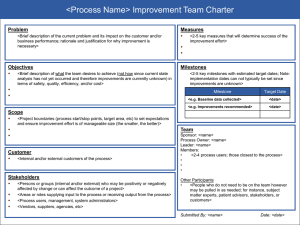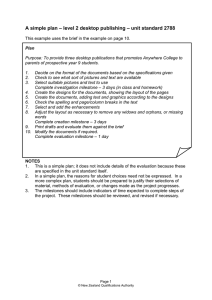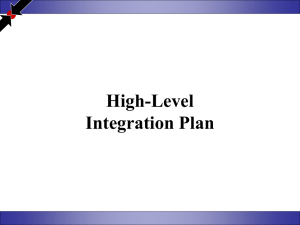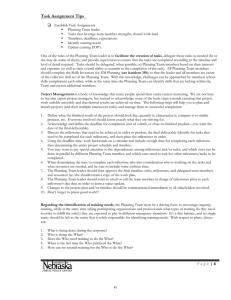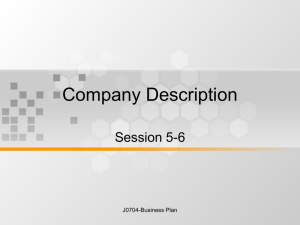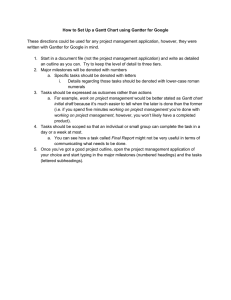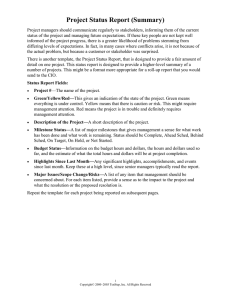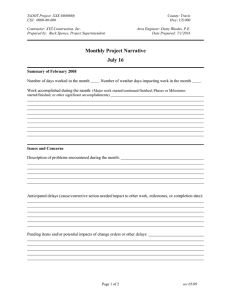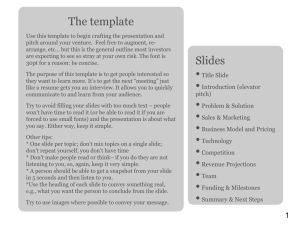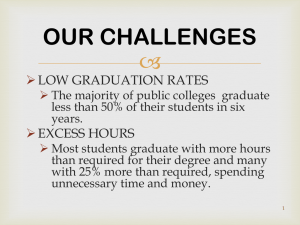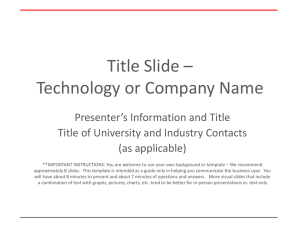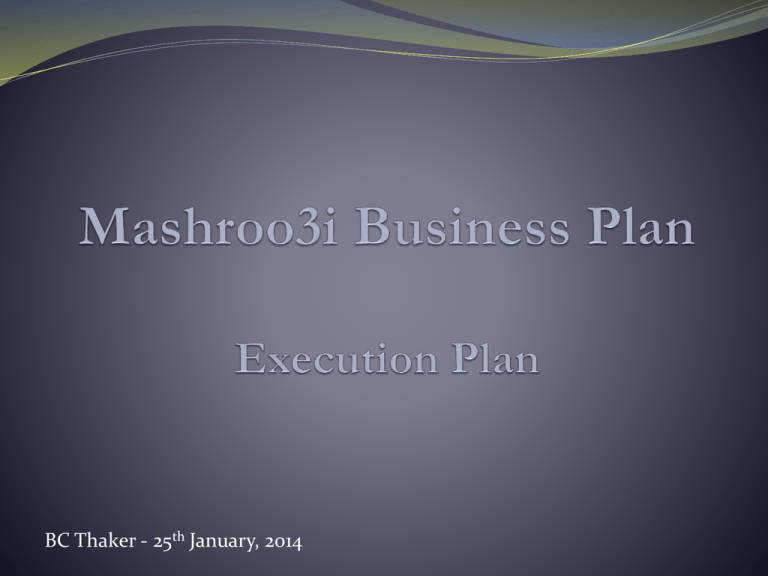
BC Thaker - 25th January, 2014
“IT IS THE EXECUTION, DUH !”
What goes into an Execution Plan?
MAT
The art of execution.
“Genius is 1% inspiration, 99% perspiration.”
By: Thomas Alva Edison
Big Idea
Entrepreneur spends way too much time & energy
on the big idea.
The idea without execution is useless.
The critical element is to convert the “imagination
to impact”.
* Source: Govindarajan V, Trimble K, HBR
99%
perspiration equates to impeccable execution.
You need to do & execute the basic fundamentals
of business, day in day out.
* Source: Govindarajan V, Trimble K, HBR
Execution Plan – “how to” of your business.
It is the tool you will use regularly to manage the
business, communicate your goals with a strict
timeline.
“ Mat – a heavy woven net of rope or wire cable
placed over a blasting site to keep debris from
scattering.”
M – Milestone
A – Assumptions
T – Tasks
Sources: KAWASAKI, G – The Art of the Start.
M – Milestone
A – Assumptions
T – Tasks
Helps
you to understand the scope of your
work.
Test your assumptions & provide the
mechanism to identify & rectify your short
comings.
The business has several goals.
You have to prioritize these goals.
These are the milestones. They identify the
important progress on the way to achieving
success.
7 Key Milestones:
Prove your concept (both technical & business model).
Complete design specification.
Finish a prototype.
Raise capital.
Ship a testable version to customer.
Ship the final version to customer.
Achieve break-even.
Take your mission statement &
replace it with time bound list
for completion of the seven key
milestones !
You
miss one of the above & your organization will
die.
There can be more than 7 but these seven are the
most critical.
The timing of the 7 milestone will drive the timing
of everything else.
For each milestone we have to decide the
resources required.
These resources will be the founding stone
of your financial plan.
M – Milestone
A – Assumptions
T – Tasks
Every new business works with certain assumptions.
These could be;
Product or service standards
Market size
Sales Data
Return of investment
Technical support
Payment cycle
Monitor these assumptions continuously and when
proven false react quickly.
Try to link these assumptions to the seven
milestones.
As you reach the milestones test your assumptions.
M – Milestone
A – Assumptions
T – Tasks
Major tasks that are necessary to build an
organization.
Nitty gritty of business
Nuts & bolts of business.
Major
task which are necessary to design,
manufacture, transport, market & support the
product & service.
Administrative tasks like renting space,
accounting & hr systems.
Legal task like registration, insurance, patents,
copy rights.
Financial like banking.
The devil is in the detail.
Entrepreneurs must understand every aspect of
their business.
For each task allocate resources.
Set
& communicate goals
Measure progress
Establish a single point of accountability
Reward the achievers
Follow up, follow up, follow up.
Don’t ignore Morpheus
Establish a culture of execution.

